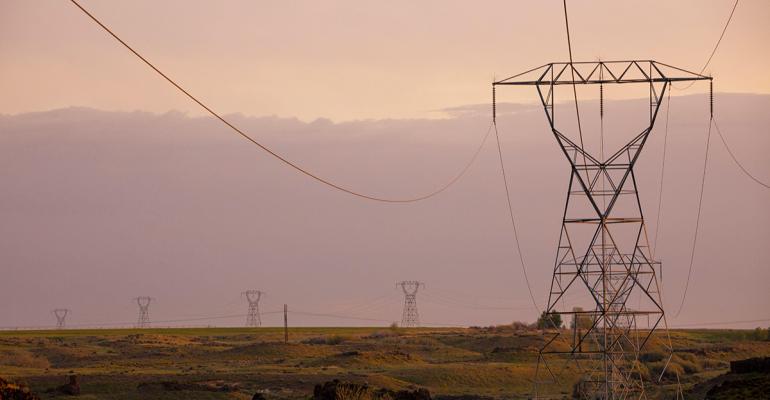(Bloomberg) -- US power company Duke Energy Corporation is in talks with tech companies including Microsoft Corporation about tapping generators installed at their data centers to add electricity to the grid during periods of high demand.
“We’re talking about how we can say yes to serving these large loads while meeting the needs of our customers at large,” Duke Chief Financial Officer Brian Savoy said in an interview Thursday (February 8) before the company held its earnings call with analysts.
The potential plan would have Duke calling its data center customers when more electricity is needed and paying them to turn on large generators that serve as backup power supply, Savoy said. He noted that the idea is being discussed across the power industry.
“It’s a way to keep a proper level of reserves while we add these large loads to the system,” he said.
Demand for electricity has increased by massive amounts as data centers that power artificial intelligence spring up across the US. Utilities and grid operators have doubled their annual forecasts for the next five years, according to consulting firm Grid Strategies.
The rapid increase in power demand threatens to undermine the decarbonization goals of utilities and tech companies, most of which have set goals to cut or eliminate planet-warming carbon emissions. Most data-center generators are diesel powered, but newer ones could use biofuels.
Duke, a major power company with operations in six states, has also seen unprecedented demand growth, spurred by data centers and factories. It plans to ask regulators for permission to build more gas-fired and solar power projects by the early 2030s. Other tech firms that have data centers in Duke’s territory include Apple and Meta Platforms.





